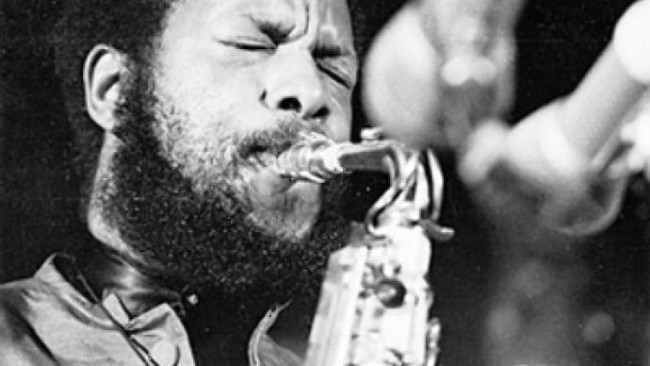
(Photo: Google Images)
Ben Ratliff of the New York Times is reporting jazz pioneer and innovator Ornette Coleman has died. Coleman, an alto saxophonist and composer who was one of the most powerful and contentious innovators in the history of jazz, died of cardiac arrest.
Ratliff writes:
“Mr. Coleman widened the options in jazz and helped change its course. Partly through his example in the late 1950s and early ’60s, jazz became less beholden to the rules of harmony and rhythm while gaining more distance from the American songbook repertoire.
His own music, then and later, embodied a new type of folk song: providing deceptively simple melodies for small groups with an intuitive, collective musical language and a strategy for playing without preconceived chord sequences. In 2007, he won the Pulitzer Prize for his album ‘Sound Grammar.’
His early work — a personal answer to his fellow alto saxophonist and innovator Charlie Parker — lay right inside the jazz tradition, generating a handful of standards for jazz musicians of the last half-century. But he later challenged assumptions about jazz from top to bottom, bringing in his own ideas about instrumentation, process and technical expertise.
He was more voluble and theoretical than John Coltrane, the other great pathbreaker of that jazz era. He was a kind of musician-philosopher, whose interests reached well beyond jazz. He was seen as a native avant-gardist, personifying the American independent will as much as any artist of the last century.”
Coleman’s hits included “Lonely Woman,” “Una Muy Bonita,” “Sleep Talking,” and “Tournaround.”
Free Jazz was a double-quartet, album-length, mostly improvised landmark.
Mr. Coleman formed many ensembles over the years, experimenting with jazz, classical and international sounds.
In 2004, with two bassists and Denardo Coleman on drums, Coleman formed a new quartet and started the Sound Grammar record label. In 2007, the same year he won the Pulitzer Prize, he received a Lifetime Achievement Grammy Award. Coleman performed at the Bonnaroo festival in Tennessee, where he passed out from heat stroke and was taken to a hospital. His final public performance was at Prospect Park in Brooklyn in June 2014, as part of a tribute to him organized by his son.
Coleman was 85.
To listen to a NYT’s Spotify playlist, click here.
Read more at the New York Times.
This post was written by Nsenga K. Burton, founder & editor-in-chief of the Burton Wire. Follow her on Twitter @Ntellectual.
Follow the Burton Wire on Twitter or Instagram @TheBurtonWire.







